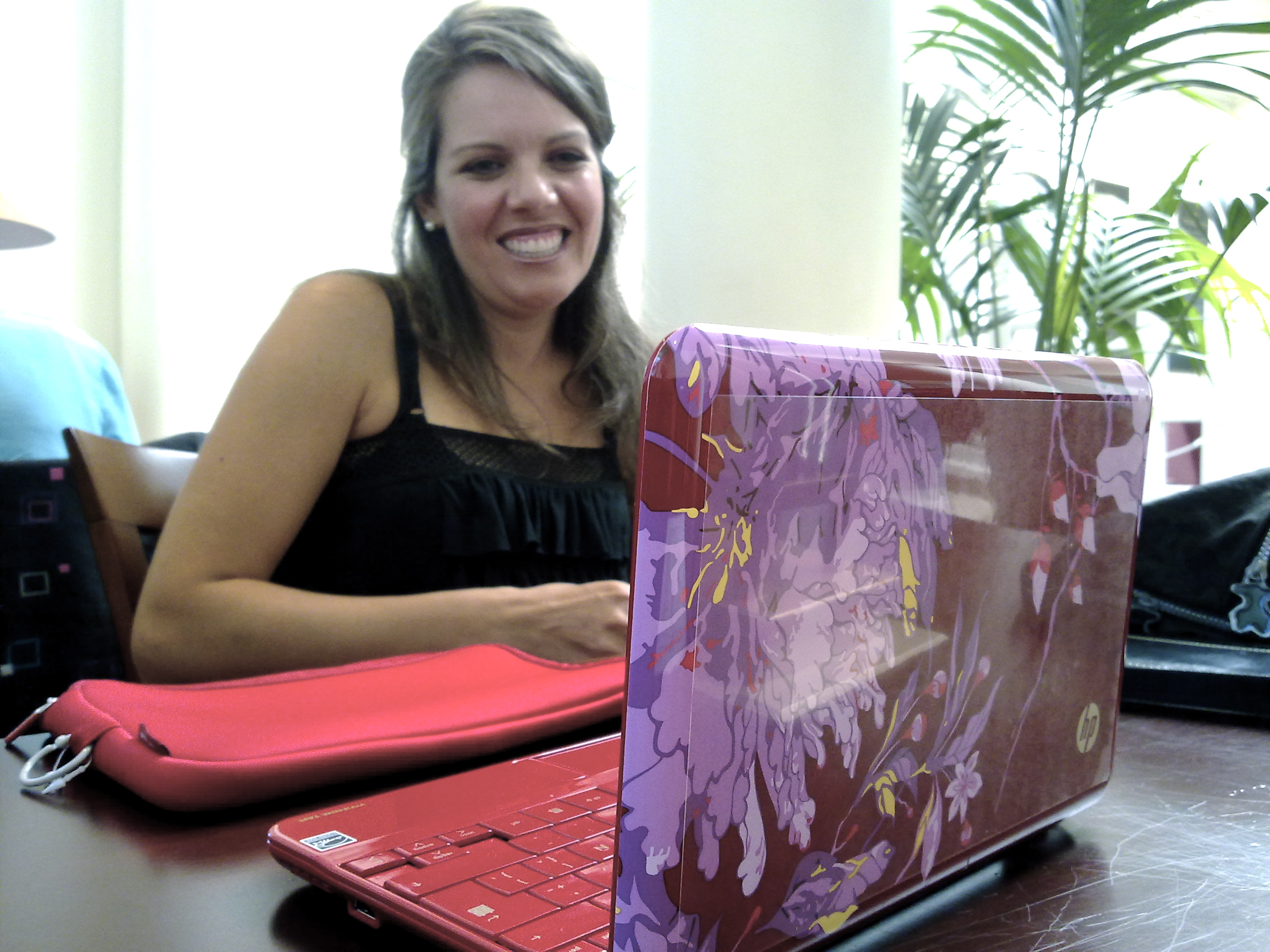[youtube http://www.youtube.com/watch?v=7F7Lrvc5VT4] I posted my first video from Comic-Con 2009, with Tokidoki Creator Simone Legno. You don’t know what is Tokidoki? Check out Simone’s Website. Tokidoki means “sometimes” in Japanese. Simone is Italian. Could […]
Category: Society

Process Journalism and Original Reporting
On July 17, I posted, “The Michael Arrington Matter,” where I came down hard on the TechCrunch cofounder for publishing stolen, internal Twitter documents. I wouldn’t have done it.
But in fairness, TechCrunch is successful—and for a reason. TechCrunch publishes lots of original content, as much in the comments as the stories. Readers participate in the process.

It's Original Reporting or Nothing
Ian Betteridge has blogged a couple times recently about the value of original reporting. Ian is one of those long-time journalists who has good common sense. I enjoy his missives about journalism and ethics and also changes new media has on the news media.
His thoughts on the value of original reporting are must-reads.

American Apparel Displays What?
I am a sucker for good marketing, often stopping to gawk at store display windows. Marketing displays, especially store windows, are art forms. The best combine things that seemingly go oddly together.

Spotted: Vivienne Tam Netbook
Here are a few things that go oddly together: A Mexican vacationer, Coronado Public Library and designer netbook. This picture tells a story.
Yesterday, I took my daughter over to Coronado High School, where, in other circumstances, she would attend. But we don’t live in Coronado, and San Diego School District is rumored to be resistant to transfers. We’re late trying to get in, too.

The Michael Arrington Matter
There is quite the ethics flap going on over the last 72 hours or so about TechCrunch’s handling of leaked Twitter documents.
Looming questions: Is Michael Arrington wrong to distribute any of the leaked material, which a hacker stole? Is the posting of the documentation unconscionable? Is there journalistic excuse, or justification for it?
‘RE:Invention’
[youtube http://www.youtube.com/watch?v=K8922u9f4MU] Ten-minute documentary “RE:Invention” captures some of the spirit I hope to convey at this website. I lost my job on April 30, 2009. While there is demand for the kind of analysis […]

It’s Not the Myth, But the Fight Over the Man
Oh my, Decoding Steve Jobs: Trust the Art, Not the Artist” is shit hitting the fan. Today, for some strange reason. Steve has got to be one of the most controversial chief executives of modern times. Beloved by the Mac faithful, praised by Wall Street analysts and cursed by many others, he is Mr. Love Him or Hate Him.

Remembering iPhone Two Years Later
Two years ago today, Apple launched the original iPhone. In June 2007, I described using Apple’s smartphone as “life changing.” Despite my grumpiness about iPhone battery life and 3G call quality, I stand by the description.

Is There Anybody Hohm?
My reaction to Microsoft Hohm is mixed. The branding and marketing are quite clever, and that’s yet another welcome change. More fundamentally, Hohm is yet another example of Microsoft chasing Google’s tail. Maybe Microsoft should conserve some energy by taking a shorter path rather than tagging behind the weaving Google.

Microsoft Has Lost Its Way Part 2
Microsoft has abandoned the fundamental principles that made it the most successful software company of the last decade and ensured its software would be the most widely used everywhere. But in just three years, since 2006, startups and Apple have set a new course for technology and how societies use it.
For Microsoft, this change is scarier than movie “Quarantine.” Without a course correction, Microsoft in the 2010s will be very much like IBM was in the 1990s. That’s no place Microsoft should want to be.

Microsoft Has Lost Its Way, Part 1
Microsoft has reached a surprising, and quite unexpected, fork in the road to its future. Choices the company makes today and over the next 12 months will determine whether computing relevance shifts away from its products.
The company has abandoned the fundamental principles that made it the most successful software company of the last decade and ensured its software would be the most widely used everywhere. Understanding those principles, and how they shaped Microsoft’s past, are important for understanding what the future might be.